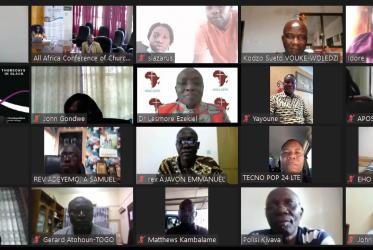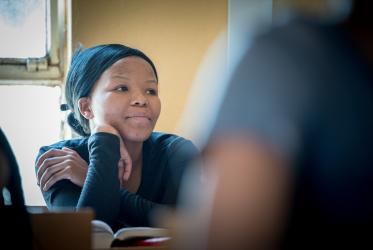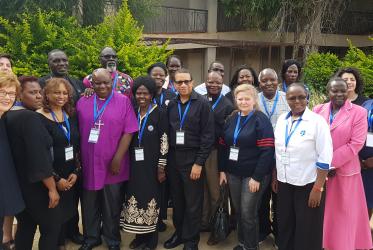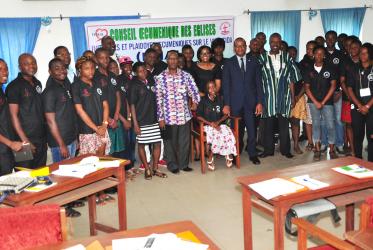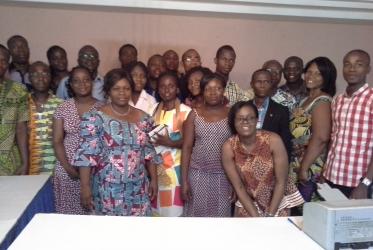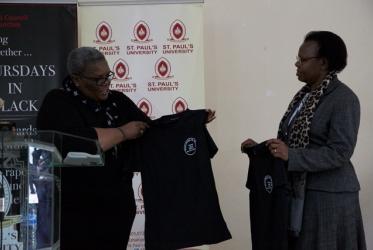Displaying 1 - 20 of 22
African Churches mark International Women’s Day
09 March 2021
Listening together to the pain of violent spaces
28 February 2020
Young people in Togo: “Hear our voice! We want to tell our stories!”
07 November 2019
Knowledge of gender roles deepens in Togo
03 June 2019
African women embark on pilgrimage in Burundi
29 November 2017
Youth engagement fundamental to HIV response
18 April 2017
WCC and AACC express grave concern over situation in Burundi
18 December 2015

